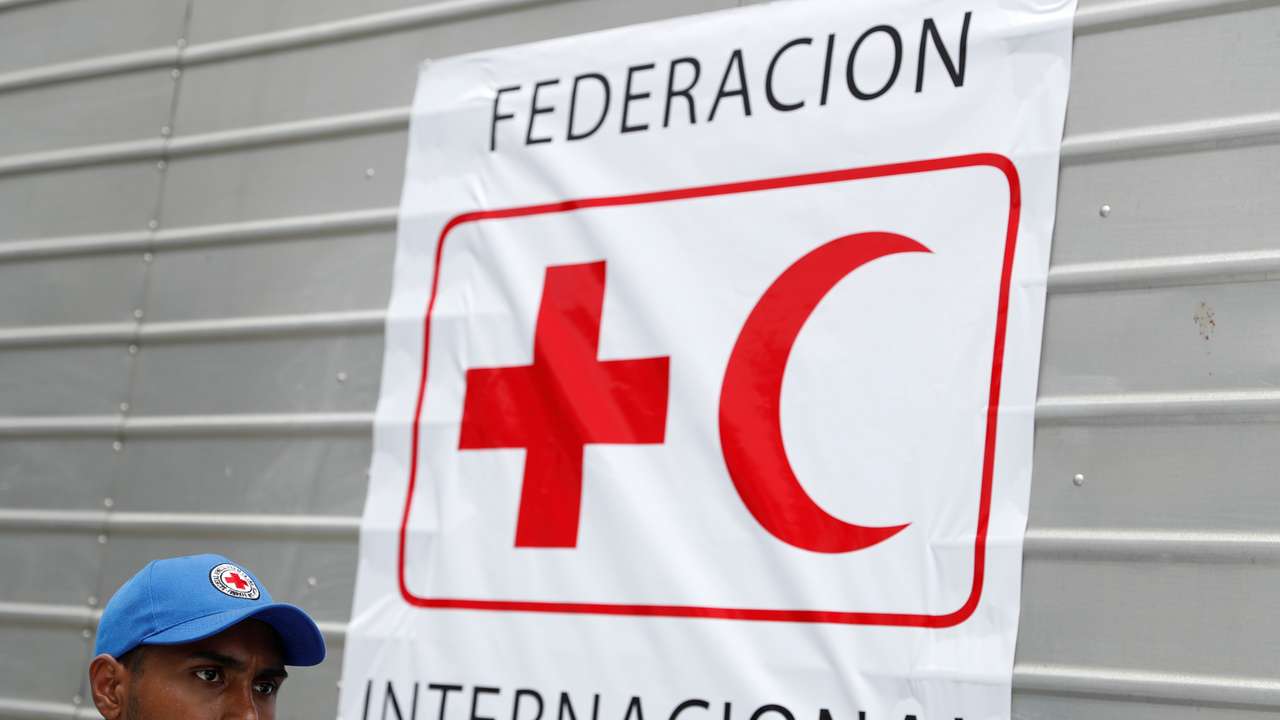Red Cross elects US humanitarian to lead network after rocky meeting

Red Cross elects US humanitarian to lead network after rocky meeting
By Emma Farge
The International Federation of Red Cross and Red Crescent Societies elected a U.S. candidate on Monday as its new president after an acrimonious meeting that nearly saw the vote postponed amid a controversy involving a rival candidate.
Kate Forbes, an existing IFRC board member, became the second woman to ever hold the top job at the world's largest humanitarian network after two rounds of votes.
"Now is the time to lean into our fundamental principles to deliver on our mission and make communities stronger,” she said, vowing to address the impacts of climate change, geopolitical tensions and health emergencies.
Forbes who began working with the IFRC four decades ago, as a local volunteer at the Phoenix, Arizona, branch of the American Red Cross will replace outgoing chief Francesco Rocca who is also president of Italy's Lazio region.
Rocca announced his departure after his regional government pulled its support from an annual LGBT parade, drawing criticism from some rights activists and opposition politicians.
He said at the time in a letter to the IFRC that his decision to leave was a "very difficult one" that was "driven by my desire to protect our organisation and the people we serve".
Monday's extraordinary General Assembly meeting in Geneva to choose his successor was marked by heavy sparring between Rocca and representatives of the national organisations after he announced a delay to voting.
Rocca cited allegations of sexual harassment that had emerged against one of Forbes' rival candidates as being the reason for the delay, but in the end the vote was not postponed.
Reuters is not naming the candidate in question given reporting restrictions under Swiss privacy laws, which prohibit identifying people accused of certain wrongdoing. In the meeting, the candidate contested the allegations which were not explained in detail.
The IFRC president is a volunteer position and oversees the network that unites 191 organisations working during and after disasters and wars, such as the Palestine Red Crescent Society which has ambulance crews in besieged Gaza. The other candidates were from Georgia, Kenya and Egypt.
This article was produced by Reuters news agency. It has not been edited by Global South World.